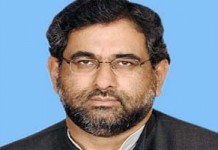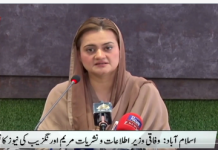
“…IMF is to protect global economic stability and promote strong, sustainable, balanced, and inclusive economic growth. And this becomes difficult, if not impossible, to achieve in the presence of entrenched and institutionalised corruption,” wrote IMF Managing Director Christine Lagarde on the IMF blog on Friday. According to the blog, the article was written as part of a World Anti-Corruption Day collaboration with the World Economic Forum’s Partnering Against Corruption Initiative (PACI).
“Fundamentally, corruption impairs the ability of the government to do its job. It undermines the ability to raise needed revenue, and it also distorts spending decisions -in the sense that governments might be inclined to favour projects that generate kickbacks over projects that generate economic and social value,” the article explained. “This is bad for growth and bad for economic opportunity. It is bad for equity and fairness, and it is bad for economic stability,” it added.
According to the IMF blog, corruption frustrates the youth by debilitating them and they lose hope and this way corruption can be soul-destroying.
The article by the IMF MD also described corruption as an obstacle in meeting the sustainable development goals (SDGs). It is certainly central to goal 16 of the SDGs, which calls on the global community to, “Promote peaceful and inclusive societies for sustainable development, provide access to justice for all and build effective, accountable and inclusive institutions at all levels.”
The author also linked the pervasiveness of tax evasion to corruption. The article revealed that the IMF was in the middle of reviewing policy on dealing with corruption, to make their policy more effective in the current global context.
The IMF policy would be applied more rigorously and consistently, backed up with concrete and specific policy advice.
The IMF made it clear that it could now intervene over the issue of corruption. “Wherever and whenever it is deemed a serious threat to inclusive growth and macroeconomic stability, we will need to conduct careful analysis and discuss policy messages candidly with governments,” the IMF article warned.
“Second, we all need to recognise that corruption is a “two-handed” problem. For every bribe taken, a bribe is given,” it added. “Untangling corruption requires officials to – as the saying goes – “follow the money”, it maintained.
The IMF needs to engage with members whose citizens and corporations are frequently implicated in this kind of bribery and whose institutions facilitate the laundering of proceeds from tax evasion, financial fraud, and corruption, IMF said.
Published in Daily Times, December 9th 2017.










